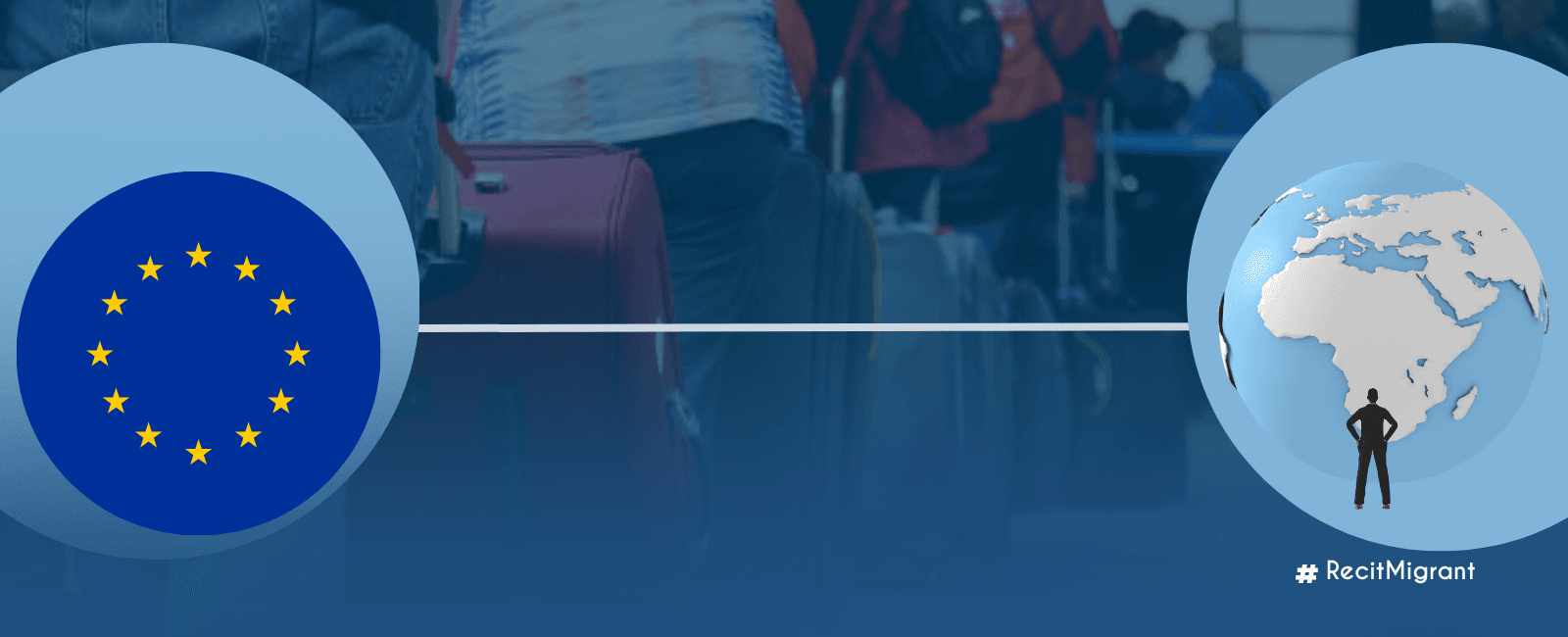

Amadou Chérif Diouf, Deputy minister in charge of Senegalese in the Diaspora, has called for a fundamental review of migration policies between Africa and Europe. “It is essential to revise migration policies in Europe to ensure effective protection and decent living conditions for migrants, while promoting a reception approach that respects human rights,” he stated at the Dakar International Symposium on Migration,which opened on 10 April, 2025. The symposium themed “International Migration: a Bridge and Driver of Development Between Europe and Africa” was also attended by Elma Saiz Delgado, Spain’s Minister for Social Inclusion, Social Security, and Migration.
Amadou Chérif Diouf emphasised that migration presents opportunities and challenges alike, serving as a powerful lever for social, economic and cultural transformation. He explained that the aim of the conference is to establish a platform for reflection and foster broad-based dialogue on how migration can contribute to development and cooperation between Europe and Africa. According to Dr. Diouf, migration has the potential to become a true engine for development, generating positive outcomes for all stakeholders – both in countries of origin and in host countries. Furthermore, he cautioned against overlooking the complex realities surrounding migration. “Migration is often accompanied by serious challenges, including illegal trafficking, exploitation, integration difficulties, humanitarian crises and the rejection and stigmatisation of those perceived as adventurers,” he warned.
The Deputy minister also addressed the far-reaching consequences of recurring crises, the economic slowdown in certain host countries and the growing vulnerability of migrants in the face of rising xenophobic populism, not to mention the resurgence of irregular migration. In response to these challenges, Amadou Chérif Diouf called for the establishment of “fair and balanced partnerships” to support the integration of migrants and advance inclusive, sustainable development policies. He concluded with a strong message, stating that “this is the price to pay if we are to truly transform migration into a vector of mutual progress.”
Recently Published
Subscribe to our newsletter!
Quick Links


